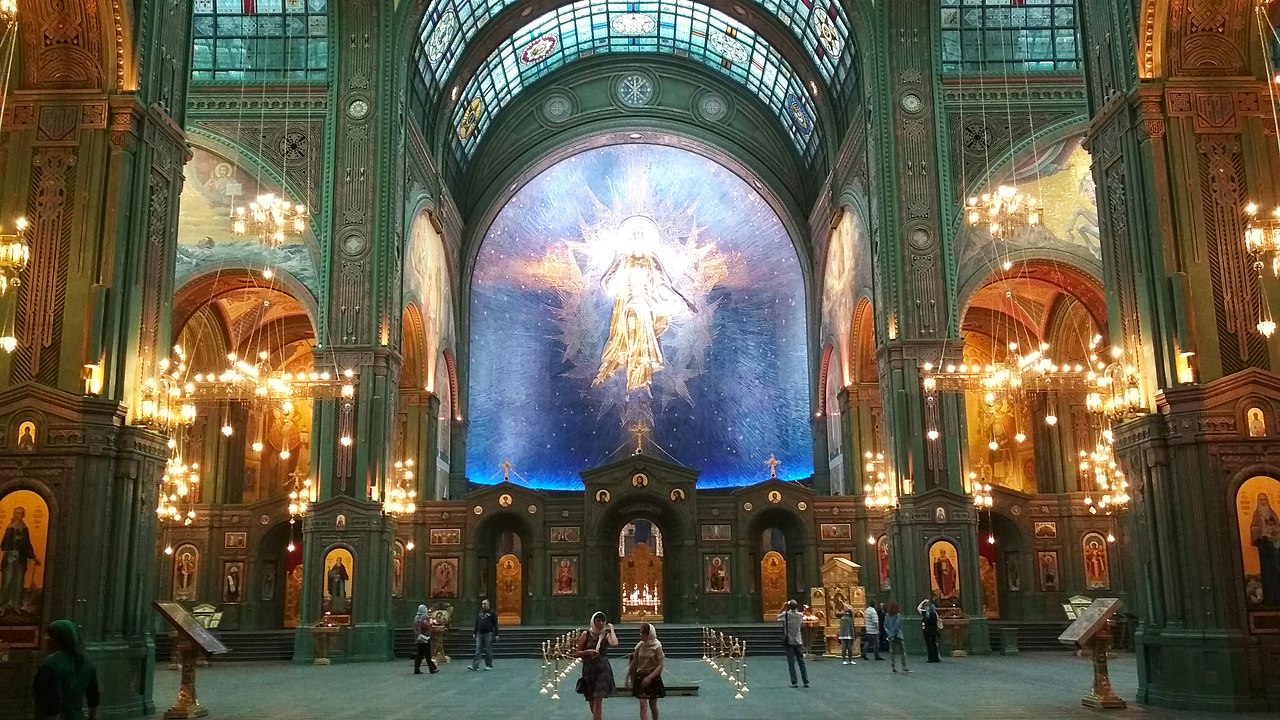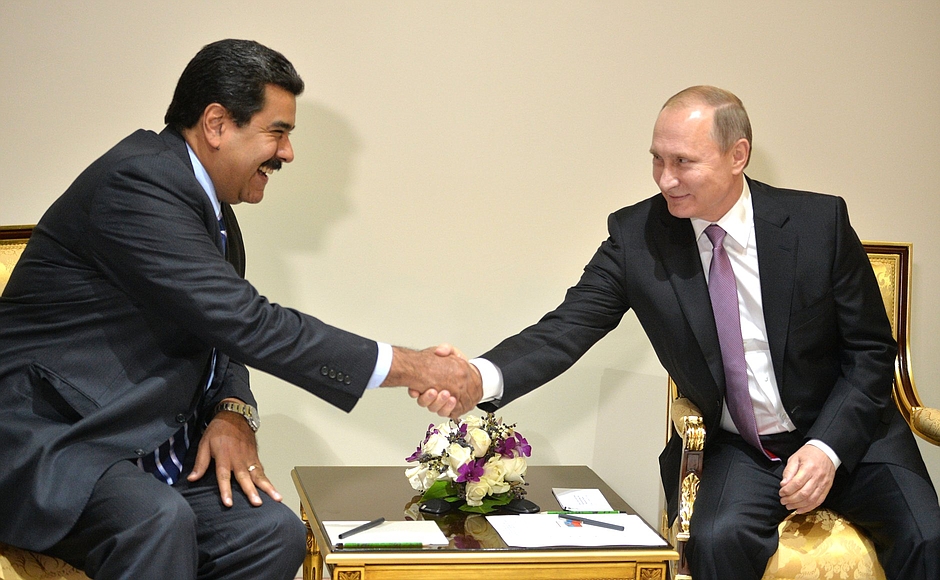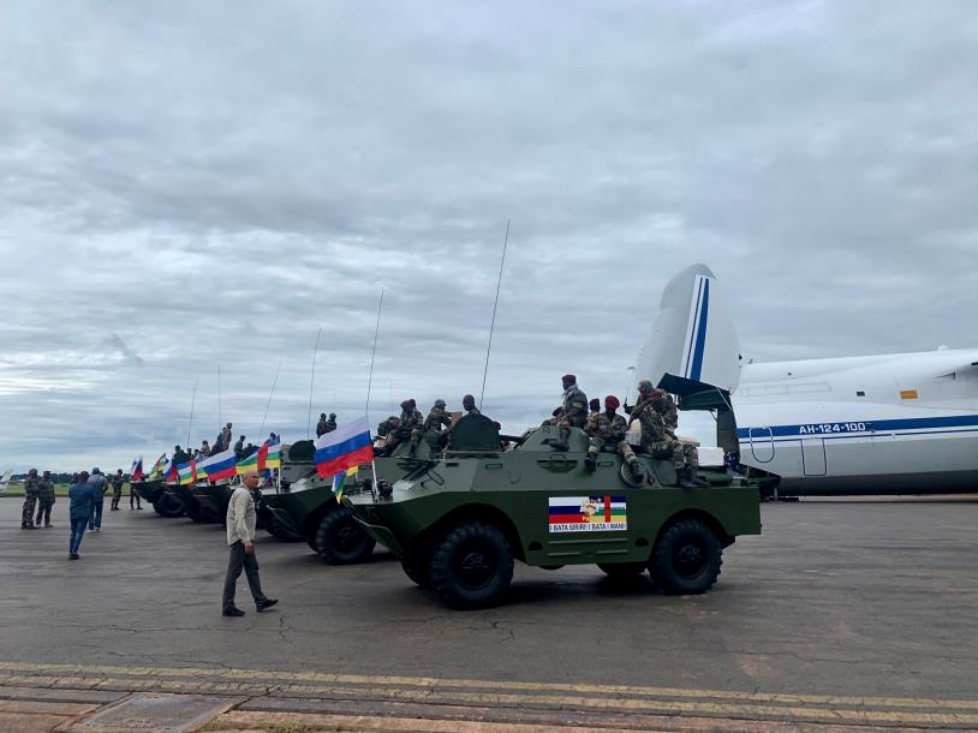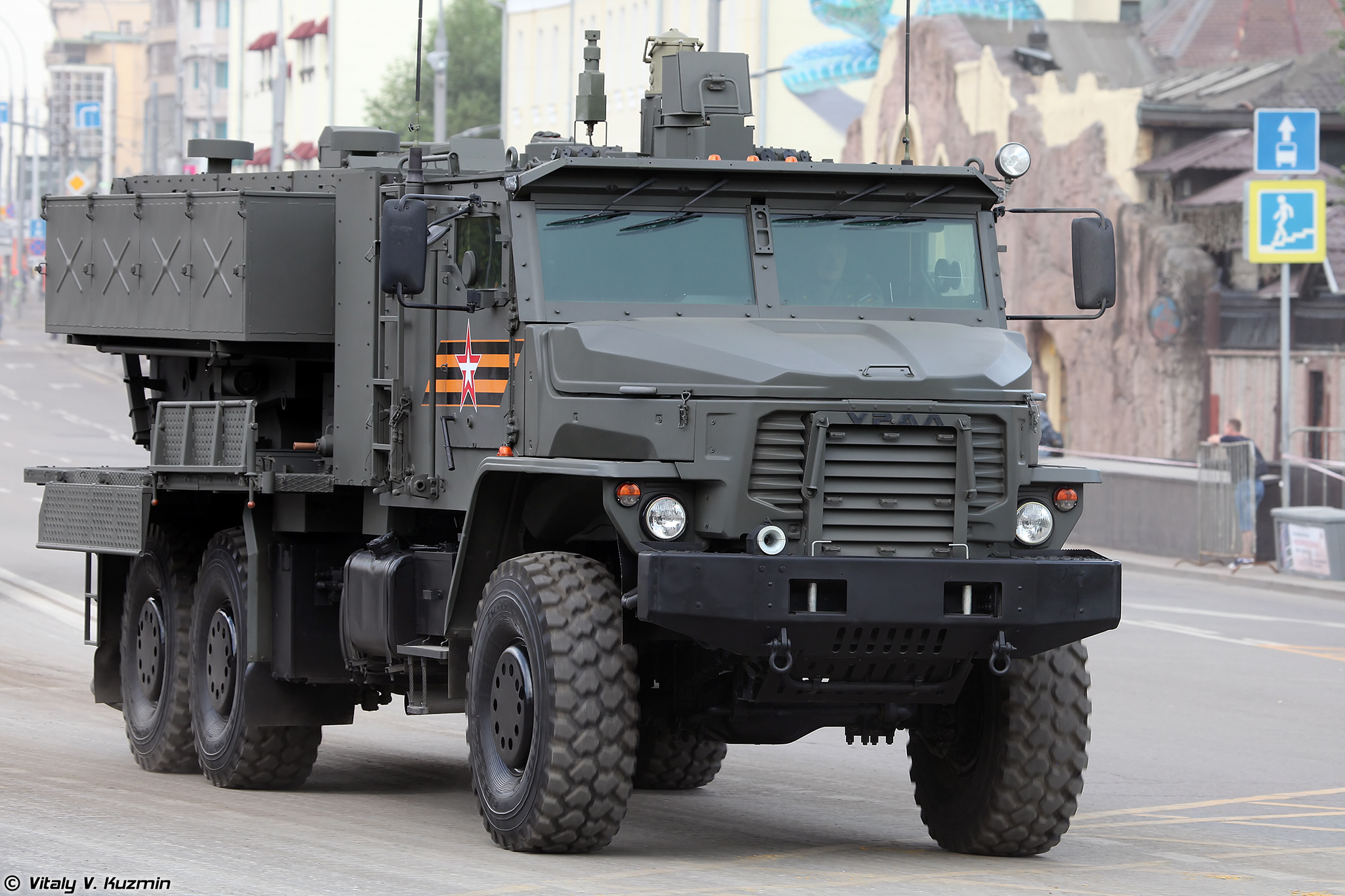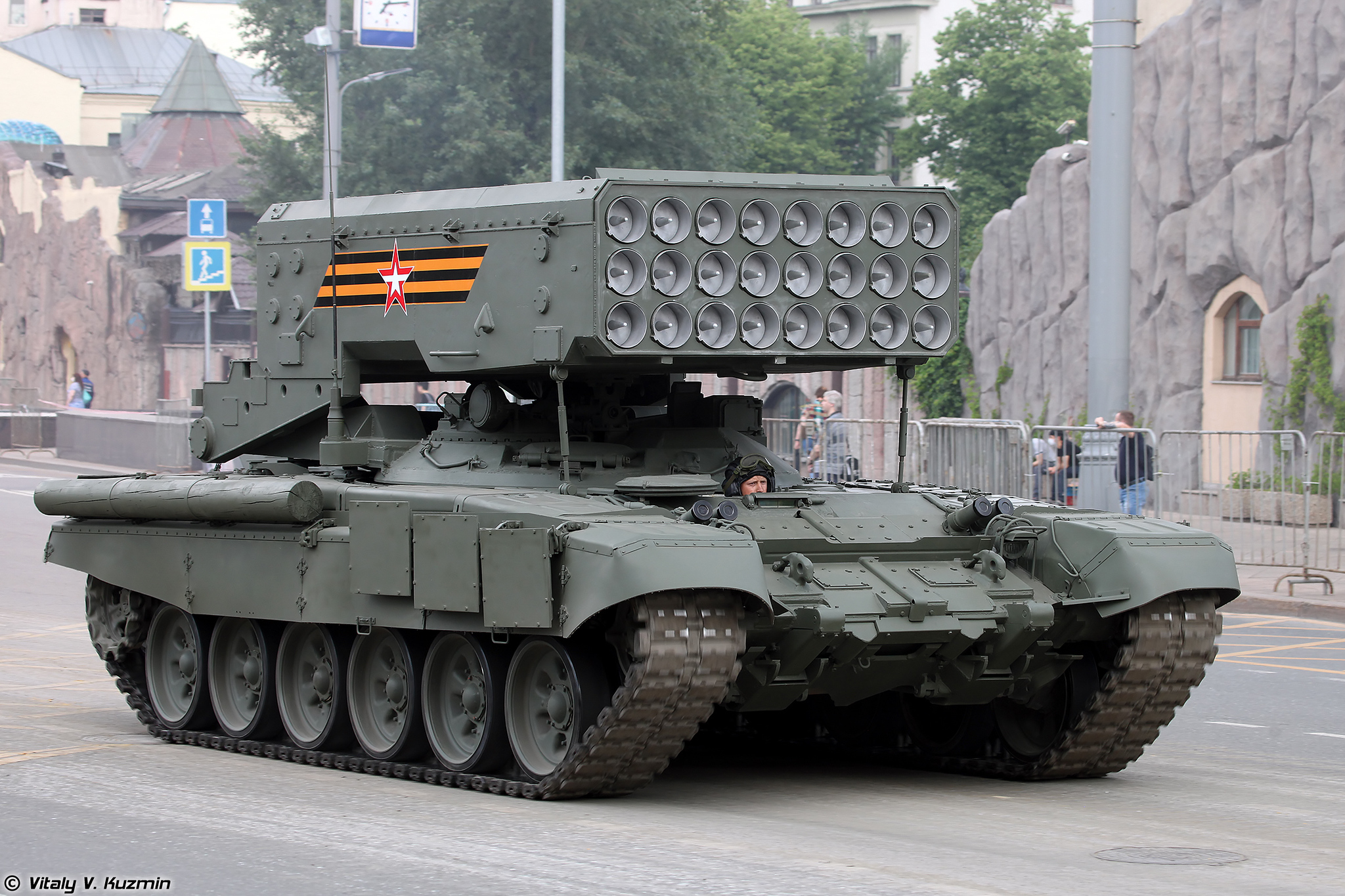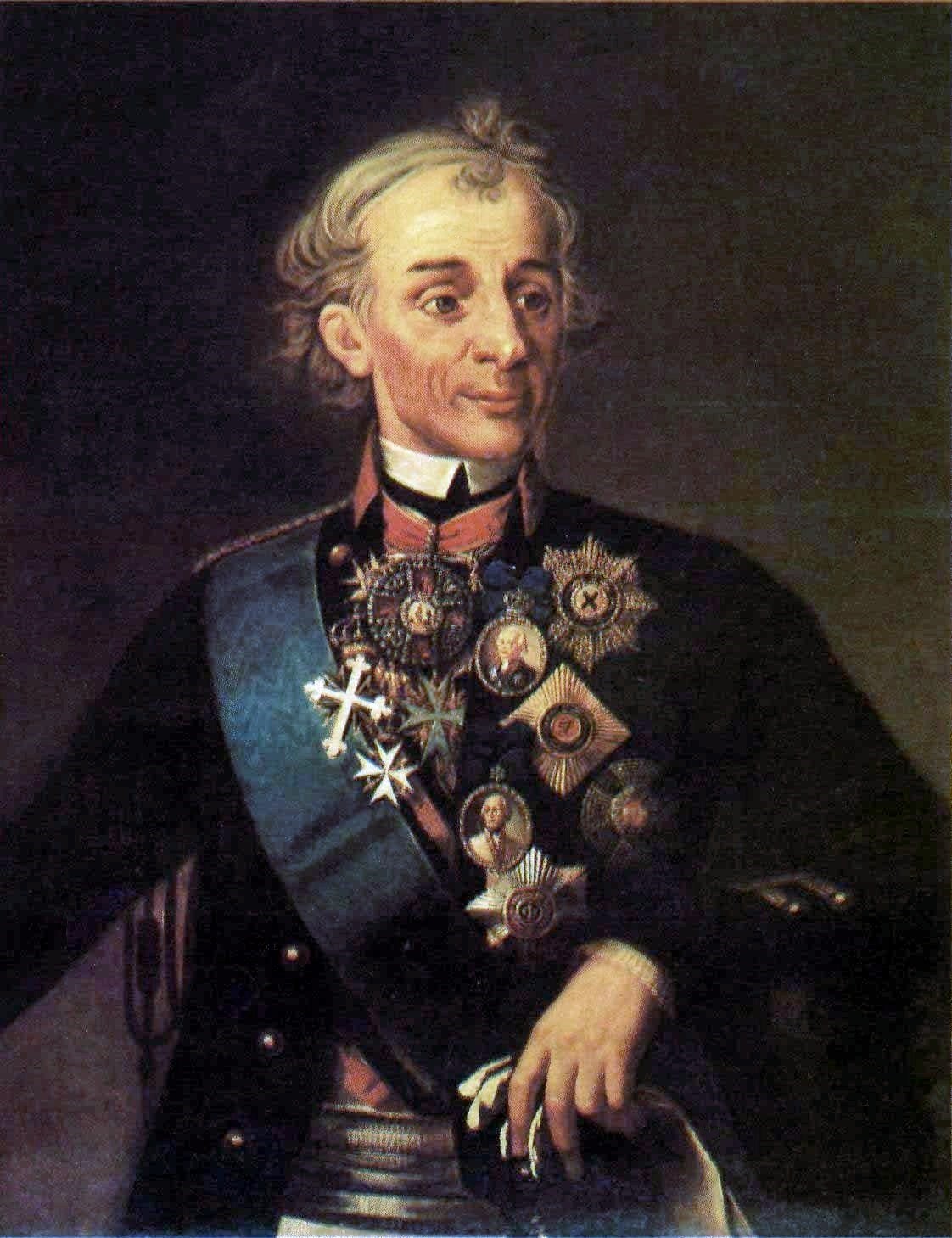TOS-2 ‘Tosochka’ Flamethrower.
TOS-1A ‘Solntsepek’ Flamethrower.
“The Defense Ministry has told Izvestiya that three new battalions will be formed in the Southern Military District, armed with the TOS-1A Solntsepek and TOS-2 Tosochka heavy flamethrowers.”
“Unmanned aerial vehicles will permit the rapid destruction of targets in urban area, and also targets that are hidden in terrain folds or are located in fortifications…They are needed in order to destroy important facilities in the enemy tactical rear – for example, munitions and fuel dumps, communications centers, and unarmored vehicles, in which command posts are based…”
The accompanying excerpted articles from Russian government news service TASS and pro-Kremlin daily newspaper Izvestiya discuss Russian efforts to increase thermobaric munition capabilities in the NBC Defense Troops. Although thermobaric munitions, referred to as “flamethrowers” in the Russian military, exist elsewhere (artillery, aviation, etc.) in the Russian Armed Forces, thermobarics are considered primarily an NBC Defense Troops’ weapon. The TASS article features an interview with Aleksandr Smirnov, the General Director of Splav, the firm that produces the soon to be fielded TOS-2 “Tosochka” wheeled heavy flamethrower. In the current structure of the Russian Ground Forces, shoulder-fired flamethrower squads and platoons may be present in the NBC defense companies of Russian maneuver brigades. Company-sized flamethrower units are only present in the flamethrower battalions, in the NBC defense regiments of the Combined Arms Armies, Tank Army, and Army Corps. The typical Russian flamethrower battalion consists of two companies of shoulder-launched flamethrowers, and one company of vehicle-launched heavy flamethrowers. The typical heavy flamethrower company has 35 personnel; three TOS-1A ‘Solntsepek’ heavy flamethrowers, each with 24 220mm thermobaric rockets mounted on a T-72 chassis; and six TZM-T transporter/loader vehicles, which are also mounted on a T-72 chassis. Izvestiya notes that the Southern Military District will increase its number of heavy flamethrower systems to 42 by 2024, with the intent of eventually having a heavy flamethrower battalion in each regiment by 2027, resulting in a six-fold increase in firepower from current capabilities. Another edition of Izvestiya states that Russia is considering developing a UAV capable of dropping a thermobaric munition for the NBC Defense Troops. Although Russia has not shown much interest in mounting weapons on small UAVs, this may be beginning to change as the Russian Ground Forces experimented with such a system—the “Lastochka” Complex—during Zapad-2021.
Source:
Milena Sineva and Dmitriy Fedyushko, “”Тосочка”, “Земледелие” и новые РСЗО: Глава “Сплава” о перспективах ракетной артиллерии РФ (‘Tosochka’, ‘Zemledeliye’, and New Multiple Rocket Launchers: The Chief of Splav on the Prospects for Russia’s Rocket Artillery),” TASS (government news service of the Russian Federation), 18 November 2021. https://tass.ru/interviews/12958773
Multiple rocket launchers are an integral component of Russia’s rocket and artillery forces, who directly support the Ground Troops on the battlefield. Since the appearance of the legendary BM-13 Katyusha, multiple rocket launchers have become much more modern in terms of their accuracy and are gradually catching up with operational-tactical systems. Aleksandr Smirnov, general director of the A.N. Ganichev Splav Science and Production Association (part of the Technodinamika holding company in the Rostec state corporation) discussed the latest advances in Russian rocket artillery with TASS …
What is being done now regarding work on the TOS-2 “Tosochka” heavy flamethrower system?
Joint testing is now under way at enterprises of the Rostec state corporation, in particular Splav and “Special Design Bureau” of the military division at Motovilikha Plants. The plan is to complete it by the end of the year. The forces are looking forward to these machines. We are already training crews to operate the new system, because its engineering is radically different from the TOS-1A. We hope that the TOS-2 will be much in demand in our armed forces. As far as I know, when the system was first displayed during the parade on Red Square it sparked interest among foreign customers.
Are new projectiles in development for the TOS-2?
Yes, a new rocket has been developed. State tests are being conducted and an initial batch of prototypes has been made for troops to try out. We are also planning to complete all the testing of another munition for the TOS-2 this year. Its distinguishing feature is its longer range, and it can be used by the TOS-1A.
How can the TOS-1A and TOS-2A coexist on the battlefield?
They can do so just fine. Depending on the tactical environment, commanders will be able to employ either a weapon that moves on wheels or one that is on tracks.
When can we expect to see the TOS-2 on the world market?
The promotional materials for the weapon were drawn up this year. Bearing in mind foreign customers’ interest in the TOS-1A, we can safely predict a similar export potential for the TOS-2 because a number of its specifications have been improved, such as longer range, a wheeled chassis, and better ergonomics.
Could the Tosochka be mounted on other chassis types?It is technically possible, but not worthwhile. The artillery part is attached to a specific type of chassis.
Source: Aleksey Ramm and Bogdan Stepovoy, “ТОС уполномочен, юг страны усиливают тяжелыми огнеметами: В ЮВО сформируют сразу три батальона с системами «Солнцепек» и «Тосочка» (The TOS Is Be Empowered, South of the Country to Be Reinforced with Heavy Flamethrowers: Southern Military District To Form Three Battalions at Once With Solntsepek and Tosochka Systems),” Izvestiya (large-circulation pro-Kremlin daily newspaper), 15 November 2021.
https://iz.ru/1253152/aleksei-ramm-bogdan-stepovoi/tos-upolnomochen-iug-strany-usilivaiut-tiazhelymi-ognemetami
The Defense Ministry has told Izvestiya that three new battalions will be formed in the Southern Military District, armed with the TOS-1A Solntsepek and TOS-2 Tosochka heavy flamethrowers. They will cover the south of the country — the Caucasus, Crimea, and the border with Ukraine. According to Izvestiya’s sources they could also be deployed to the strategic western sector, The mobility of the Tosochka, which is mounted on wheels, enables it to travel hundreds of kilometers on public roads.
In Russia’s army the TOS-1 is in service with individual units of the radiation, chemical, and biological defense troops. Sources say that delivery of the flamethrowers to the Southern Military District will be a phased process. During the first phase — up to 2024 — their numbers in existing units will be increased to 42 systems.
During the second phase the number of flamethrowers is expected to increase gradually as additional subunits are created in the radiation, chemical, and biological defense regiments of combined-arms armies. The plan is to create three new heavy flamethrower battalions by 2027, which will provide their groups of forces with a six-fold increase in firepower on what they have today…
Large-scale exercises with NATO ships and aircraft ended recently in the Black Sea region and there is unrest in Ukraine and on the Armenia-Azerbaijan border. In such circumstances the southern strategic sector is begging to be beefed up, says military historian Aleksey Khlopotov.
“Heavy flamethrower systems proved their effectiveness during the fighting in Syria and Iraq,” he said to Izvestiya. “They’re indispensable when eliminating an enemy who is hunkered down in well-fortified positions or buildings or in mountains. The Solntsepek and Tosochka will complement each other. The tank armor of the former means it can be used in forward positions and deliver strikes from close range. The Tosochka, which has a wheeled chassis, will be good when conducting mobile operations.”The wheeled chassis gives a number of advantages, Aleksey Khlopotov said. In terms of speed when traveling and on the move the TOS-2 is comparable to ordinary cars, which makes it particularly effective in places with extensive road networks and also in steppe and desert terrain and areas of stony ground. “The wheeled-chassis system is cheaper to produce and service and has a longer operating life — they’re cheaper to maintain,” Khlopotov concluded…
Source: Anton Lavrov and Bogdan Stepovoy, “Летящей наводкой: российская армия заказала беспилотные огнеметчики: Новая система позволит наносить по противнику удары термобарическими и зажигательными бомбами (Using the Flying Artillery Spotter: The Russian Army Has Ordered Unmanned Flamethrowers: New System Will Permit the Conduct of Strikes against the Enemy using Thermobaric and Incendiary Bombs),” Izvestiya, (large-circulation pro-Kremlin daily newspaper), 5 October 2021.
https://iz.ru/1230786/anton-lavrov-bogdan-stepovoi/letiashchei-navodkoi-rossiiskaia-armiia-zakazala-bespilotnye-ognemetchiki
Flamethrower Drones will appear in the Russian Army. The Ministry of Defense has approved the performance specifications for new weapon systems for the Radiological, Chemical, and Biological Defense Troops, sources in the Military Department told Izvestiya. In particular, unmanned aerial flamethrower systems ended up on the list of new weapons. They will be manufactured based upon small aircraft or quadcopters. The UAVs will be able to destroy the enemy using compact thermobaric or incendiary charges. The experts emphasize that those weapon systems will become especially dangerous in conditions of an urban engagement and also during the destruction of enemy reinforcements. They will help to save the lives of peaceful residents and soldiers in street engagements…
The NBC defense units have weapon systems to accomplish any missions. Among them – are handheld “Shmel” rocket-propelled flamethrowers and “Buratino”, “Solntsepek”, and “Tosochka” heavy flamethrower systems. But the NBC Defense Troops will get the full spectrum of weapons with the appearance of the flame-thrower unmanned aerial vehicles, Military Expert Viktor Murakhovskiy told Izvestiya. “Unmanned aerial vehicles will permit the rapid destruction of targets in urban area, and also targets that are hidden in terrain folds or are located in fortifications…They are needed in order to destroy important facilities in the enemy tactical rear – for example, munitions and fuel dumps, communications centers, and unarmored vehicles, in which command posts are based…”
Precision strikes using incendiary and thermobaric munitions will permit the minimization of collateral damage during the course of combat operations, he pointed out. “Those unmanned aerial vehicles will be invaluable in house-to-house fighting”, Viktor Murakhovskiy concluded. “They will permit us to avoid the destruction of structures, which are not related to the military infrastructure, and to also reduce losses among the peaceful population and servicemen. It is better to lose two drones or robots than one soldier.Small drones from the latest “Lastochka” Complex have already been tested in the role of strike UAVs at the “Zapad-2021” Strategic Exercises, which were conducted in September of this year. They dropped antipersonnel and hollow-charge bombs on the targets. Small multicopters, which are capable of dropping small bombs with various warheads on targets, are being developed in Russia today. Those aircraft can hover over a target in order to achieve greater accuracy. The capability for a hollow-charge bomb to end up on a mockup of a tank was confirmed in tests. In the process, the flamethrower drones can be used to destroy and ignite larger facilities…
Image Information:
Image: TOS-2 ‘Tosochka’ Flamethrower.
Source: Vitaly Kuzmin, https://photos.smugmug.com/Military/Dress-rehearsal-of-2020-Moscow-Victory-Day-Parade/i-mJSph2x/0/8f6db545/X4/DressRehearsal-20062020-086-X4.jpg
Attribution: CC BY-NC-ND 4.0. https://www.vitalykuzmin.net/Copyright-policy
Image: TOS-1A ‘Solntsepek’ Flamethrower.
Source: Vitaly Kuzmin, https://photos.smugmug.com/Military/Dress-rehearsal-of-2020-Moscow-Victory-Day-Parade/i-g6NjHj7/0/b0e26385/X4/DressRehearsal-20062020-083-X4.jpg
Attribution: CC BY-NC-ND 4.0. https://www.vitalykuzmin.net/Copyright-policy
